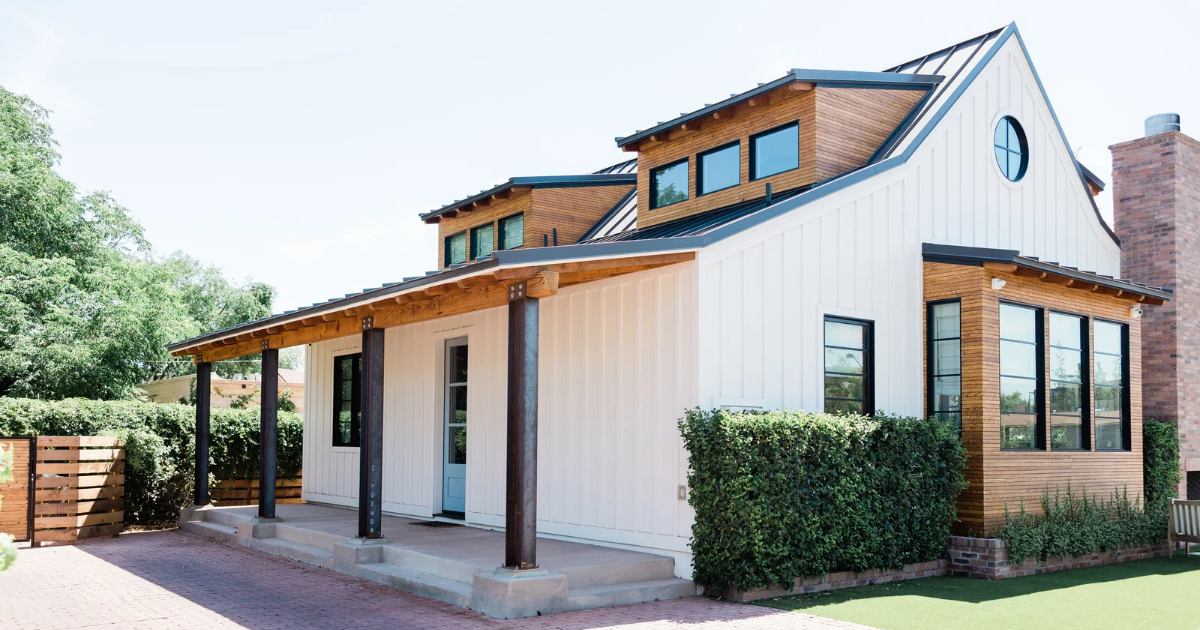
Understanding Real Estate Investment Loans
Investing in real estate can be a great way to build wealth and generate passive income. But it can also be a significant financial undertaking. To make the process less burdensome, many investors turn to loan products specifically designed for real estate investment, renovations, and flips. In this blog post, we’ll dive deep into the different types of loans available for real estate investment.
Fix-and-Flip Loans
Fix-and-flip loans are a popular option for investors looking to purchase and renovate a property with the intention of reselling it for a profit. These loans are typically short-term, with a duration of 6-12 months and are often interest-only. This allows investors to quickly renovate the property and resell it. Without having to worry about making payments on the loan for an extended period. The main advantage of fix-and-flip loans is that they allow investors to quickly flip a property and make a profit. However, they can also come with higher interest rates and fees. It’s important to carefully read the loan terms before signing on.
Hard Money Loans
Hard money loans are another loan product often used for real estate investment. These loans are typically used by investors who are looking to purchase properties that are in need of significant repairs or renovations. Hard money loans are typically short-term and have higher interest rates than traditional mortgages. However, they are often easier to qualify for. And can be a good option for investors who may not qualify for traditional financing. The main advantage of hard money loans is that they can be obtained quickly and with less documentation. However, the high-interest rates and fees can make them a more expensive option in the long run.
Rental Property Loans
For those looking to invest in a property and hold onto it for rental income, rental property loans can be a good option. These loans are specifically designed for investors looking to purchase and hold onto a property for rental income. They typically have longer terms than fix-and-flip loans and may offer more favorable terms for the borrower. Rental property loans can be a great option for investors looking to generate long-term passive income from rental properties. However, they also come with longer-term commitment and the responsibility of being a landlord.
Home Equity Loans and HELOCs
For those looking to renovate their primary residence, home equity line of credit (HELOC) can be a good option. These loans allow homeowners to borrow against the equity in their home to finance renovations. They typically have longer terms than fix-and-flip loans and may offer lower interest rates. The main advantage of HELOCs is that they can be used for a variety of purposes. Including home improvements and debt consolidation. However, they also come with the risk of losing your home if you’re unable to make payments.
Conventional Mortgage
Conventional mortgage loans are the most common type of loan used to purchase a home. They are typically used by those looking to buy a primary residence and have a longer term. Conventional mortgages typically require a higher credit score, a larger down payment, and more documentation than other types of loans. However, they also come with lower interest rates and more favorable terms.
Bottom Line
There are many loan products available for real estate investment, renovations, and flips. Each with its own set of advantages and disadvantages. It’s important to carefully consider your options. Working with a reputable lender to find the loan that best meets your needs. It’s also crucial to do your due diligence and understand the terms and conditions of each loan product. Keep in mind that real estate investment can be a significant financial undertaking. It’s important to weigh the risks and rewards before committing to a loan. By understanding the different loan options available, you can make an informed decision and take the necessary steps to achieve your real estate investment goals.

